Sleep Better Naturally With Acupuncture
Struggling to fall asleep or waking up through the night? You’re not alone. Many people in Brisbane are looking for lasting, drug-free ways to sleep well. At Balance Acupuncture Brisbane, we help patients overcome sleep difficulties using proven techniques like acupuncture for sleep and other natural remedies for deep sleep that support the body’s natural rhythms.
Why Brisbane Locals Struggle With Sleep
Up to 66 % of Australian adults have trouble getting a whole night’s rest.
If you live or work in a busy city, like Brisbane, and feel exhausted, you might be caught in the loop of high stress → shallow sleep → higher stress.
Sleep should be self regulatory, driven by the two core feedback loops of sleep pressure and circadian rhythm. Sleep pressure, one of the fundamental concepts in sleep science, is the natural drive that builds the longer you’re awake. The second concept is our internal clock or circadian cycle in humans, which is influenced by the external cues of light and dark.
Why We Can’t Sleep: Understanding the Sleep-Stress Cycle
High stress, late-night screens, and irregular schedules can all reduce sleep pressure and throw out the body’s circadian rhythm, the internal drive that makes you feel sleepy at the right time. Over time, this can lead to insomnia, anxiety, and fatigue.
Common symptoms include:
If this sounds familiar, acupuncture for sleep could help break the cycle and restore your body’s natural balance.
How Acupuncture Eases the Cycle of Sleeplessness
Clinical research shows acupuncture modulates the autonomic nervous system, boosts endorphins and balances circadian hormones (i.e., melatonin, cortisol). That’s why so many patients use acupuncture for sleep and report feeling calm yet alert the next day.
Key benefits our Carina Heights clients notice:
How Acupuncture Supports Restful Sleep
Acupuncture is a safe, time-tested therapy that promotes deep relaxation and regulates the nervous system. By targeting specific acupuncture points for sleep disorders, we help the body:
Many patients feel sleepy after acupuncture, which is a positive sign of the body entering a healing, restful state.
Effective Pressure Points for Better Sleep
At Balance Acupuncture Brisbane, we often work with both acupuncture points for sleep and acupressure for sleep techniques. These stimulate key areas that influence relaxation, including:
We’ll also teach you simple pressure points for sleep you can use at home to boost the benefits between sessions.
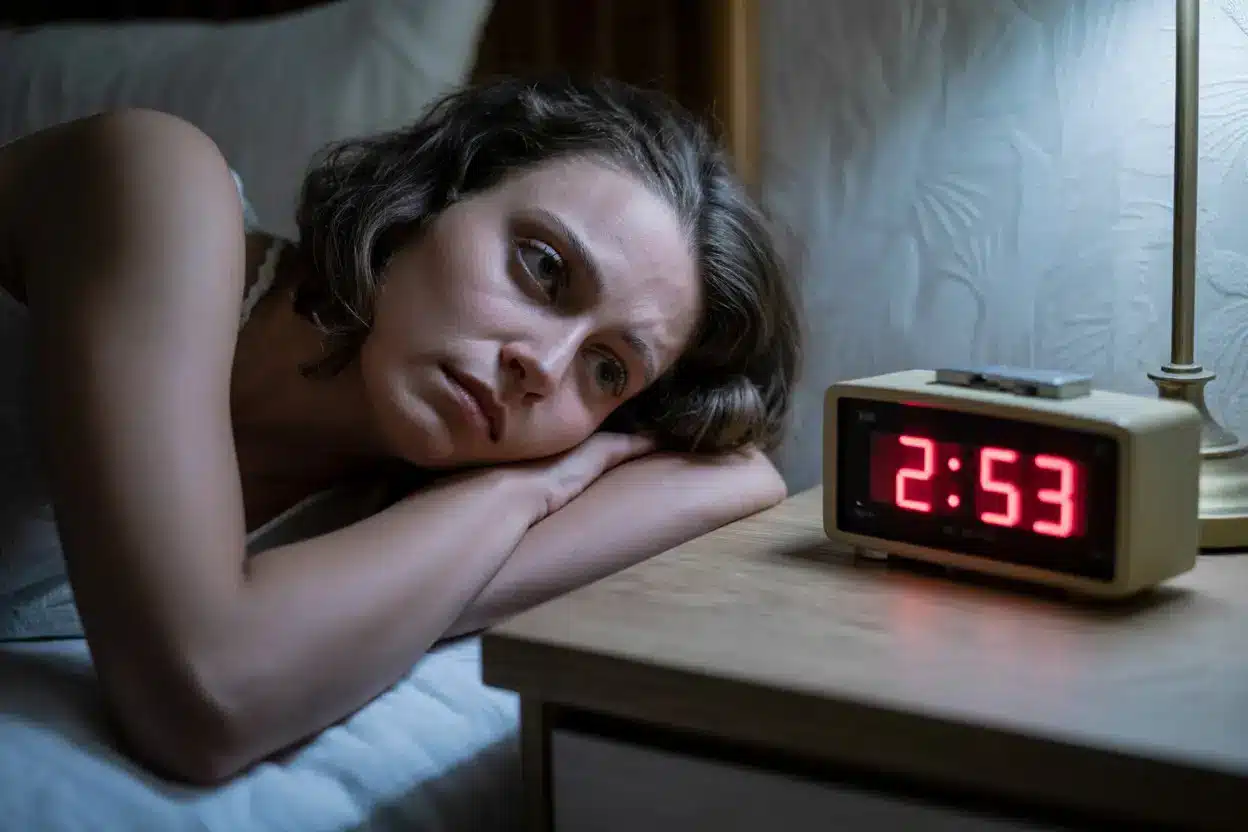
Chinese Medicine and Insomnia
In Traditional Chinese Medicine, sleep problems can be differentiated into specific patterns, which is a key feature of its clinical practice. This means that during the consultation and diagnosis process, all symptoms must be considered for the individual client.
For primary insomnia, according to Birling (2022) seven different patterns were identified. Herbal formulas are then prescribed and modified according to each individual’s specific pattern and their presenting signs and symptoms.
Most herbal formulas will include calming herbs. Suan Zao Ren, or zizyphius, belongs to a category of herbs that calms the spirit and is now found in many non-TCM-based sleep medications.
Combining Acupuncture with Natural Sleep Remedies
For long-term results, we may also suggest combining acupuncture with Chinese herbal medicine and other natural remedies for deep sleep:
These tools amplify the effects of your acupuncture sleep therapy plan and give your body extra support when you need it most.
5 Natural Sleep Hygiene Tips That Work in Australia
By combining lifestyle tweaks with acupuncture — plus specific natural remedies for deep sleep — you build a sustainable routine instead of chasing quick fixes.
Some Results of Natural Sleep Hygiene
Our clients report improvements like:
With consistent care, acupuncture and Chinese Medicine may be able to help you achieve a deeper, more refreshing sleep.
Frequently Asked Questions – FAQ
Can acupuncture help with insomnia?
Yes, absolutely. Many studies support the effectiveness of acupuncture and insomnia treatments.
How long does it take for acupuncture to work for insomnia?
Most people feel better after 3–6 sessions. Chronic cases may require more consistent treatment.
Is acupuncture safe for sleep disorders?
Yes. It’s a drug-free therapy that helps regulate the body naturally.
How many sessions will I need?
Most people achieve solid improvement after 4–6 visits, tapering to monthly maintenance.
Does it hurt?
No — needles are hair-thin. Most patients doze off during sleep acupuncture sessions.
Ready to Sleep Deeply Again? Visit Balance Acupuncture Brisbane
If you’re tired of tossing and turning, let us help. With a calming clinic atmosphere and experienced practitioners, we specialise in:
Take the Next Step Toward Restful Sleep, and Say goodbye to sleepless nights.
Balance Acupuncture Brisbane – where restful sleep begins naturally.
References
Australian Institute of Health and Welfare. (2021). Sleep problems as a risk factor for chronic conditions. Canberra: AIHW. doi:10.25816/d2d7-p797
H. Lin, I. -S. Tzeng, Y. -H. Lin and C. -Y. Kuo, “An Association Rule Analysis of Acupressure Effect on Sleep Quality,” 2021 IEEE International Conference on Bioinformatics and Biomedicine (BIBM), Houston, TX, USA, 2021, pp. 3827-3831, doi: 10.1109/BIBM52615.2021.9669146
Cousins, J.N., Leong, R.L.F., Jamaluddin, S.A. et al. Splitting sleep between the night and a daytime nap reduces homeostatic sleep pressure and enhances long-term memory. Sci Rep 11, 5275 (2021). https://doi.org/10.1038/s41598-021-84625-8
Junmei Wu & Zhengyu Zhao, 2024, Acupuncture in Circadian Rhythm sleep-wake disorders and its potential neurochemical mechanisms, Frontiers in Neuroscience, Vol 18, https://doi.org/10.3389/fnins.2024.1346635
Qin-Qin Fang, Xiao-Qiu Wang, Cheng-Yong Liu, Han-Qing Xi, Qing-Yun Wan, Shan Qin, Liang Xu, Qian-Mo Tian, Rui Pan, Wen-Zhong Wu, 2021, The Efficacy of Acupuncture on the Sleep Structure of Patients with Insomnia: A systematic review and meta-analysis, The Anatomical Record, https://doi.org/10.1002/ar.24745

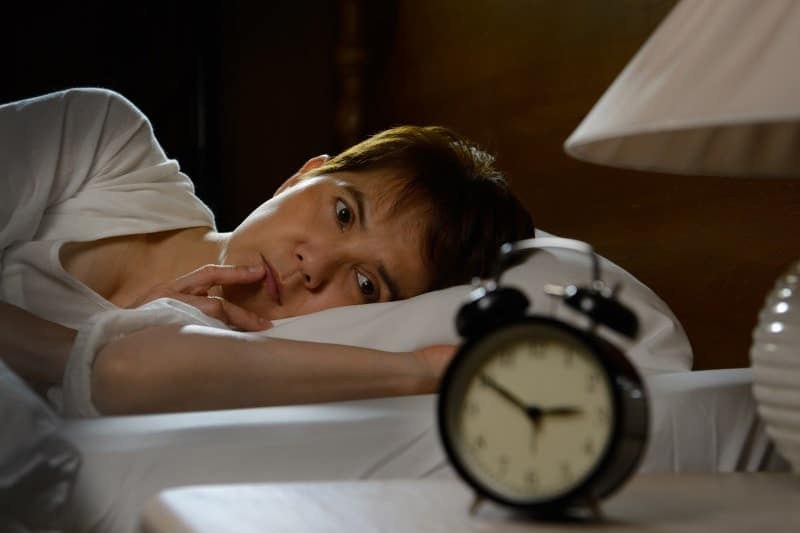

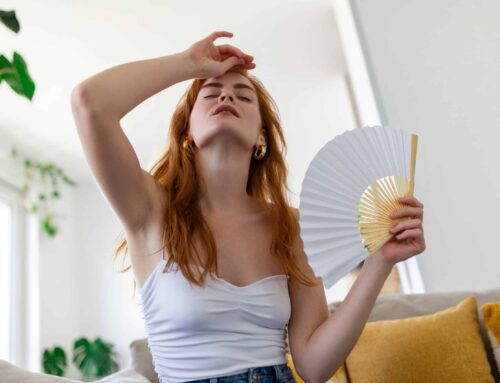
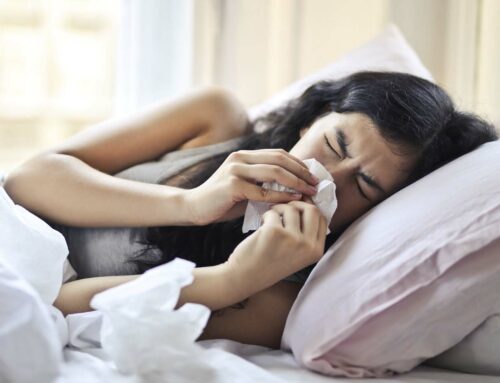
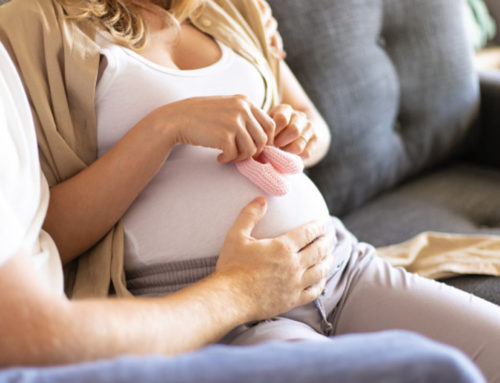
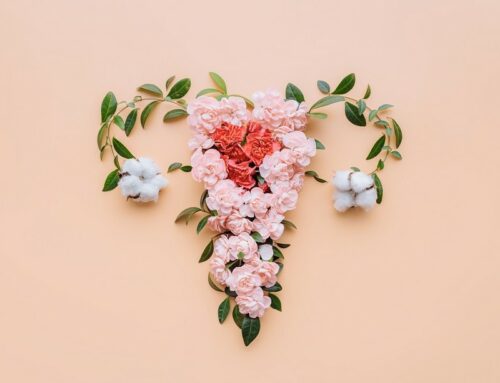
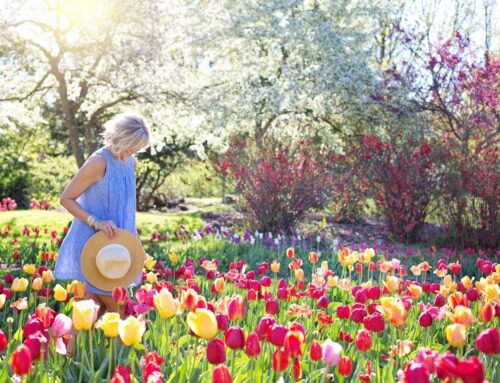
Leave a Reply